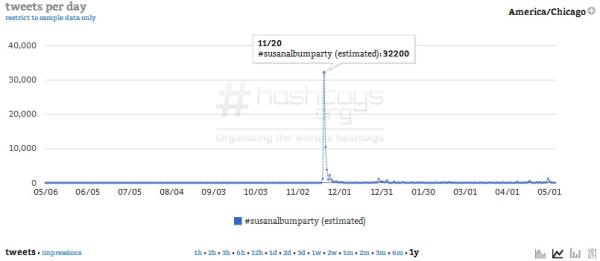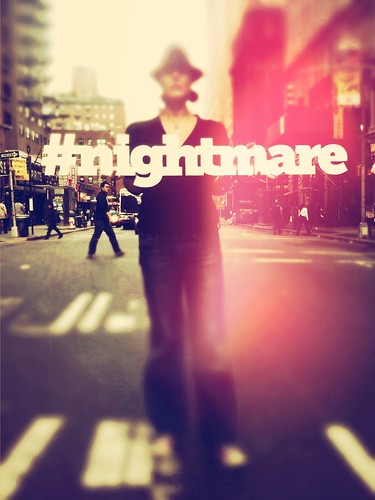There are rules to follow when it comes to making hashtags.
Hashtags are supposed to guide people to the topics that they?re interested in.
These are effective marketing tools that will increase brand awareness, as well as keep you close to the target market.
However, some people do not know why many of their hashtags are not effective.
You have to be familiar with the basic guidelines and what what will work and what won't.

1. It?s not specific.
Many social media users come up with hashtags that are too generic and broad. Users looking for conversations pertaining to their interests will more likely hone down their options to hashtags that relate specifically to a certain area or aspect. The idea is to use short but precise terms that will easily be sought online. Some of the successful hashtags include #SuperBowl2013, #USElections2012 and #ToyotaUSA. The ones that are too broad and general and will never work include #election, #computer and #sports. Let's compare #SuperBowl versus #SuperBowl2013. While the first hashtag will probably have a higher coverage, it is the latter that will be more targeted and specific. #Superbowl can refer to any football event in the past decade and will not be a reliable metric to measure people's response to it. #SuperBowl2013, however, when entered into analytics tools, will tell you exactly how many are using it, what people are saying and who the top posters are, making it a very powerful tool to better understand your target market.2. It?s too long.
Some users get annoying online by putting either too many hashtags or a hashtag with too many words included. Putting too many hashtags will lead to a vague statement. Experts recommend that you limit the hashtags in your tweets to a maximum of 2 to 3. As for words used in the hashtag, you should limit it to 2 to 3 maximum, too. Putting too many will either give the impression that you?re not serious about the conversation or simply want to confuse users. Some of the hashtags that are doomed to fail include the likes of #whyyourparentsarealwaysmadatyou, #whyyoushouldinvestingoldmining and #howtofixyourcarovertheweekend. The idea is to keep the hashtags brief but concise. You can send out the same message using a fewer number of words to properly lead social media users.3. It?s not readable.
Some hashtags fail to use proper capitalization or even proper arrangement which leads to confusion. Some companies and personalities have become victims of ineffective PR by not reviewing the hashtag before these are exposed to thousands of users online. Some of the classic examples are #susanalbumparty and #nashitstime. Some of the words may be misconstrued as offensive or vulgar. You have to read the whole statement properly and include proper capitalization to create division between words and make the hashtag more understandable. To illustrate, #susanalbumparty may have generated a lot of tweets, but look at what people said about it (thus, making it a marketing failure).







